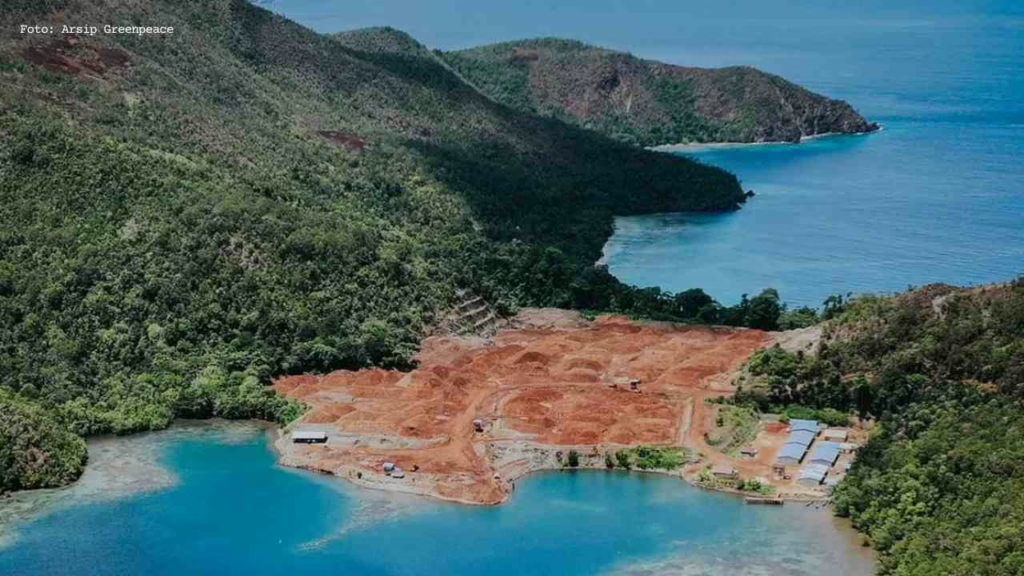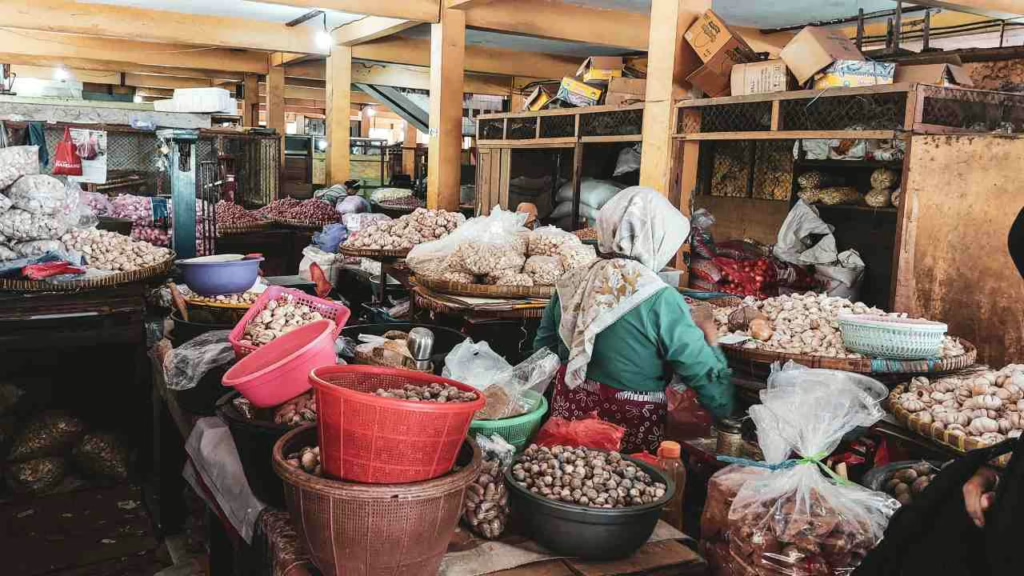Author: Nauli A. Desdiani, Fachry Abdul Razak A??, Amalia Cesarina, Syahda Sabrina, Meila Husna, Rosalia Marcha Violeta, Adho Adinegoro, and Alin Halimatussadiah
Executive Summary
The establishment of national climate policy targets has forced the local government to set ambitious climate goals supporting the national government to achieve its proposed target. Besides low awareness of climate change and environmental risk impacts, the biggest challenge faced by the local governments to exert climate actions lies in the ?nancing of the programs. This paper aims to analyze the current local government budget on climate and environmental activities and identify available potential ?nancing sources to ?nance local government climate and environmental initiatives. We found that the local budget allocation for environmental spending increased from 1% in 2016 to 3% in 2020, yet it is still relatively low and insuf?cient for achieving the climate target. With a limited budget, local governments must ?nd additional potential ?nancing sources for ?nancing their climate actions. Through case study analysis, insights from several regions that have gained harness of potential from various climate and environmental ?nancing initiatives to overcome environmental issues in their areas and reach climate and environmental goals were attained. To address local budget shortages problem for climate and environmental activities, several strategies for the local government are proposed: (1) optimizing and improving the quality of spending from intergovernmental ?scal transfer; (2) adopting Climate Budget Tagging (CBT); (3) increasing local-own source revenue from natural resource and environmental based activities; (4) valuing regencies and/or cities with high ecological value with more ?scal support through TAPE and TAKE schemes; (5) optimizing the role of SOEs and private sectors through CSR and PPP; (6) optimizing multilateral ?nancing; and (7) utilizing other ?nancings from the central government such as through environmental fund management agency (BPDLH), disaster pooling fund, ICCTF, and SDGs Indonesia One.




